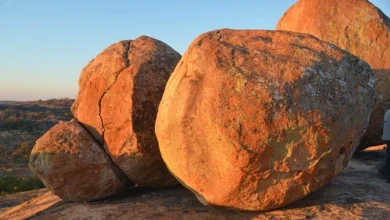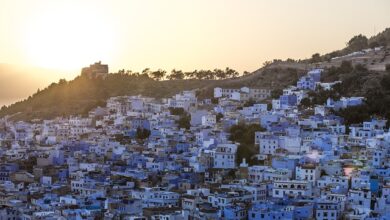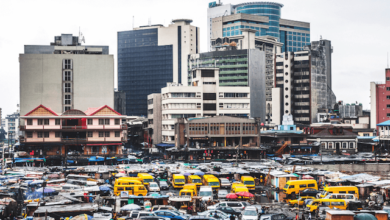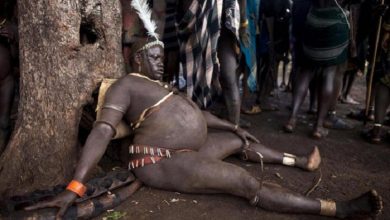List of African countries that have changed their names
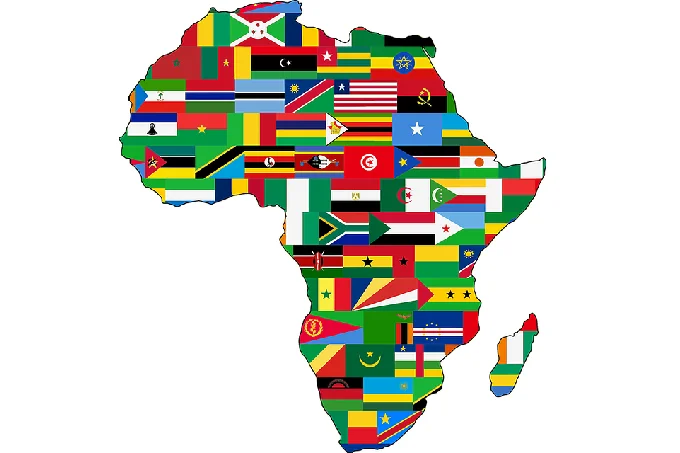
For various causes, several African countries have changed their names. A name change is often done for political or patriotic reasons, such as to erase colonial control signs or represent the government’s views.
A nation or state’s name might also be changed for solely commemorative purposes, such as to memorialize a prominent person or a significant event in the country. A country’s name may also be changed to enhance its image and to eliminate a negative incident or memory from its past. Here is the list of African countries that have changed their names effectively.
From Abyssinia to Ethiopia
The Ethiopian Empire, commonly known as Abyssinia, ruled over what is now Ethiopia’s northern state. The Abyssinians founded the Solomonic dynasty in 1270, which led to the country’s name being changed to “Abyssinia.” The Abyssinians controlled Ethiopia until the twentieth century, dominating major swaths of the country.
During World War II, Haile Selassie, Ethiopia’s X King, transformed Abyssinia into Ethiopia. Some experts say that Ethiopia has been known as Ethiopia since the 4th century, and that the Arabs only popularized the term Abyssinia, and that Ethiopia is physically larger than Abyssinia.
From Bechuanaland to Botswana
Botswana was once known as Bechuanaland, a British colony. The British gave the nation the name Bechuanaland on March 31, 1885, when it became one of their possessions. Until September 30, 1966, the area was governed by the Bechuanaland Protectorate. After independence, Botswana changed its name to Botswana. Botswana is named after the country’s major ethnic group, the “Tswana,” which is also known as “Bechuana” in an earlier variant spelling.
From Zaire to the Democratic Republic of Congo
Congo Free State, Belgium Congo, and Congo-Leopoldville were all official titles for the Democratic Republic of Congo. It became independent in 1960 under the name “Republic of Congo,” after the Congo River.
The nation was called the “Democratic Republic of the Congo” from 1965 to 1971, and then the “Republic of Zaire” in 1971 by President Mobutu Sese Seko. Although the Sovereign National Congress agreed in 1992 to rename the country the “Democratic Republic of the Congo,” the name was changed in 1977 after Mobutu’s collapse.
From Upper Volta to Burkina Faso
President Thomas Sankara renamed Burkina Faso, formerly known as the Upper Volta, in August 1984. He picked the names “Faso” and “Burkina” from the country’s two primary languages. Because of the Volta River, which runs through the nation, the French colonialists gave it the name “Upper Volta.” Faso means “fatherland” in Dyula, whereas Burkina means “honest people” in Moore. When you combine the two words together, you get “Land of the honest people.”
From Dahomey to Benin
Dahomey was a great pre-colonial monarchy that existed in what is now the Benin Republic in West Africa. The kingdom also included areas of modern-day Togo and southern Nigeria. The talented female warriors who served as royal bodyguards were well-known in the Dahomey Kingdom.
Under the leadership of Mathieu Kerekou, the nation changed its name from Dahomey to the Benin Republic fifteen years after gaining independence in 1975. The name change was compared to Kerekou’s belief in Marxist-Leninist ideology.
From Cape Verde to Cabo Verde Republic
Another recent alteration was the one that occurred in Cape Verde in 2013. The Republic of Cabo Verde, or simply Cabo Verde, is the name given to the nation by the Portuguese sailors who found the islands in 1444.
From Swaziland to eSwatini
In April 2018, King Mswati III said that Swaziland would “revert to its former name,” eSwatini, which means “land of the Swazi,” fifty years after the kingdom gained independence from Britain. Although the change had been discussed and there had been considerable dissatisfaction with the old one, a combination of Swazi and English, Africa’s last absolute king, surprised his country.
From Rhodesia to Zimbabwe
Rhodesia was a colonial name, named after the renowned colonizer Cecil John Rhodes, and the nation was renamed Zimbabwe after independence. Zimbabwe embodies all of the values that the people of the nation uphold.
In one of the Zimbabwean languages, Shona, Zimbabwe is derived from the word Dzimba-Dza-Mabwe, translated from the Karanga dialect as “large houses of stone” (Dzimba = plural of imba, “house”; Mabwe = plural of Bwe, “stone”). A big collection of stones representing riches, security, and resiliency.
From Gold Coast to Ghana
Ghana was known as the Gold Coast until March 1957. When the Portuguese arrived in Ghana in the 15th century, they discovered so much gold between the rivers Ankobra and Volta that they dubbed the area Mina, which means “mine”. The English colonists subsequently recognized the Gold Coast as their own.
Because it substituted a reference based on European exploitation with the name of a great, former West African kingdom, Kwame Nkrumah offered ‘Ghana’ as the name for an independent Gold Coast. (The fact that this empire was not exactly near what is now Ghana was deemed irrelevant.) Nkrumah advocated for a resurrection of Pan-Africanism, in which autonomous African countries would embrace their own local traditions to create a variety of nationalist, socialist, and even communist forms of life free of European colonialism’s taint. ‘Ghana’ was a fantastic match for that perspective.
From Nyasaland to Malawi
In 1889, a British protectorate was created in this African country. By 1907, it had adopted the official name “Nyasaland,” which was used until 1964, when the protectorate was abolished, and Malawi gained independence (becoming a republic two years later)
The country’s name was changed from Nyasaland, which meant “wide waters,” to Malawi, which means “flaming waters,” to signify the transition from the colonial past. The name comes from a native phrase that means “sunbeams glinting off Lake Nyasa.”

